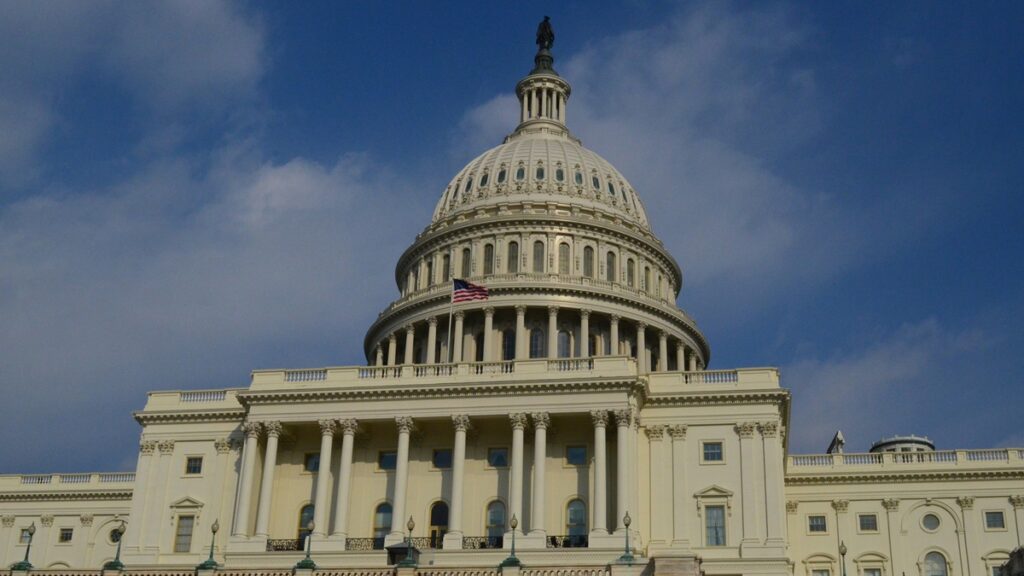Overview
The National Institutes of Health (NIH) has issued Supplemental Guidance to the 2024 NIH Grants Policy Statement regarding Indirect Cost Rates (NOT-OD-25-068). This update introduces a standardized 15% indirect cost rate for all applicable grants, aiming to streamline financial policies and enhance funding efficiency for research institutions.
Purpose of the Guidance
The primary objective of this guidance is to increase transparency and consistency in the application of indirect cost rates. By implementing a uniform rate, NIH seeks to ensure that a larger portion of federal research funding is allocated toward direct scientific efforts, while maintaining financial accountability. The move aligns NIH with private foundations and funding organizations that have similar caps on indirect costs.
Organizations Impacted
This policy change affects a wide range of NIH grant recipients, including universities, research institutions, medical schools, and non-profit organizations. In Fiscal Year 2023, NIH funded nearly 50,000 grants across 2,500 institutions, with $9 billion allocated to indirect costs such as facility maintenance, utilities, and administrative expenses. Institutions with previously higher negotiated indirect rates may need to adjust their financial planning and budgeting strategies in response to this shift.
What This Means
With this new 15% cap on indirect costs, NIH aims to maximize the impact of taxpayer dollars by directing more funding toward scientific research and innovation. While this change may require adjustments in institutional financial strategies, it also fosters greater equity in funding distribution. Moving forward, organizations must adapt their grant management practices to align with this standardized approach. NIH remains committed to balancing financial stewardship with ensuring the necessary infrastructure to support breakthrough scientific discoveries.
Steps for Impacted Organizations
Institutions affected by this change should take proactive steps to assess and adjust their financial strategies. This includes reviewing and revising existing cost accounting practices and budgets, updating grant proposals to reflect changes to existing cost accounting practices, and exploring alternative bidding strategies such as being a subrecipient. Engaging with financial and compliance teams early will be crucial to ensure continued compliance with NIH policies.
If your company has considered applying for Federal funding, your federal funding journey starts here.
For additional information about EverGlade Consulting, reach out to: [email protected]








